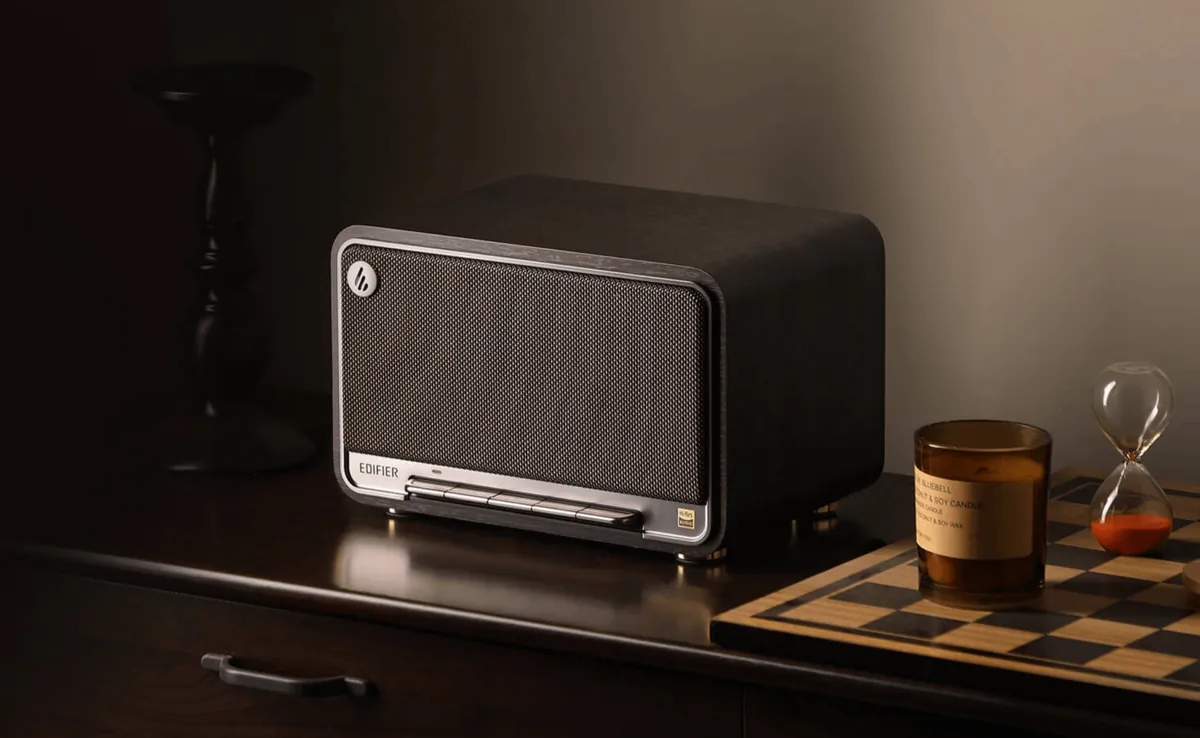In today's world of increasingly complex technology, there's a growing appreciation for devices that excel at a single task. This trend is exemplified by the author's preference for a basic Bluetooth speaker, which performs its primary function without unnecessary frills.
The allure of straightforward technology extends beyond audio devices. There's a niche but significant market for retro and simplified gadgets, including flip phones, analog cameras, and vinyl records. This preference isn't limited to older generations; members of Gen Z and Generation Alpha often gravitate towards technologies that produce less polished results, valuing authenticity over perfection.
This inclination towards simpler tech may be seen as a response to the overwhelming complexity of modern gadgets. As David Imel, a technology journalist, points out, the constant notifications from smartwatches can be intrusive, leading him to switch to a basic Casio wristwatch. Similarly, Chris Velazco, a gadget expert at The Washington Post, finds joy in using a discontinued Nintendo 3DS XL for simple gaming, despite owning more advanced systems.
Lauren Goode, a tech writer, prefers an older Garmin smartwatch with extended battery life and basic functionality. She also appreciates the simplicity of her 2007 Jeep, which lacks modern connectivity features but offers reliability and potential security benefits due to its outdated technology.
"iPads are versatile, easy to use, and have great battery life."
While not fitting the single-purpose criteria, Mossberg's appreciation for iPads highlights that user-friendly, multi-functional devices can also align with the desire for simplicity.
The appeal of simpler technology stems from various factors. Nostalgia plays a role, as does the desire to escape the constant connectivity of modern devices. There's also a growing concern about data privacy, with simpler gadgets often collecting less personal information.
However, the issue isn't just about complexity; it's about poorly executed technology. Many users express frustration with "smart" devices that fail to deliver on their promises, such as TVs with clunky interfaces or printers with unreliable connectivity. This highlights a crucial point: technology doesn't need to be complex to be effective.
Interestingly, while companies continue to add AI features and other advanced capabilities to smartphones, consumer surveys consistently show that improved battery life remains the most desired feature. This disconnect between consumer preferences and product development is a recurring theme in the tech industry.
In conclusion, while there will always be a place for cutting-edge technology, the resurgence of simpler devices underscores an important truth: sometimes, less is more. Whether it's a basic Bluetooth speaker or a retro gaming console, technology that performs its intended function reliably and without unnecessary complications can provide a uniquely satisfying user experience.
